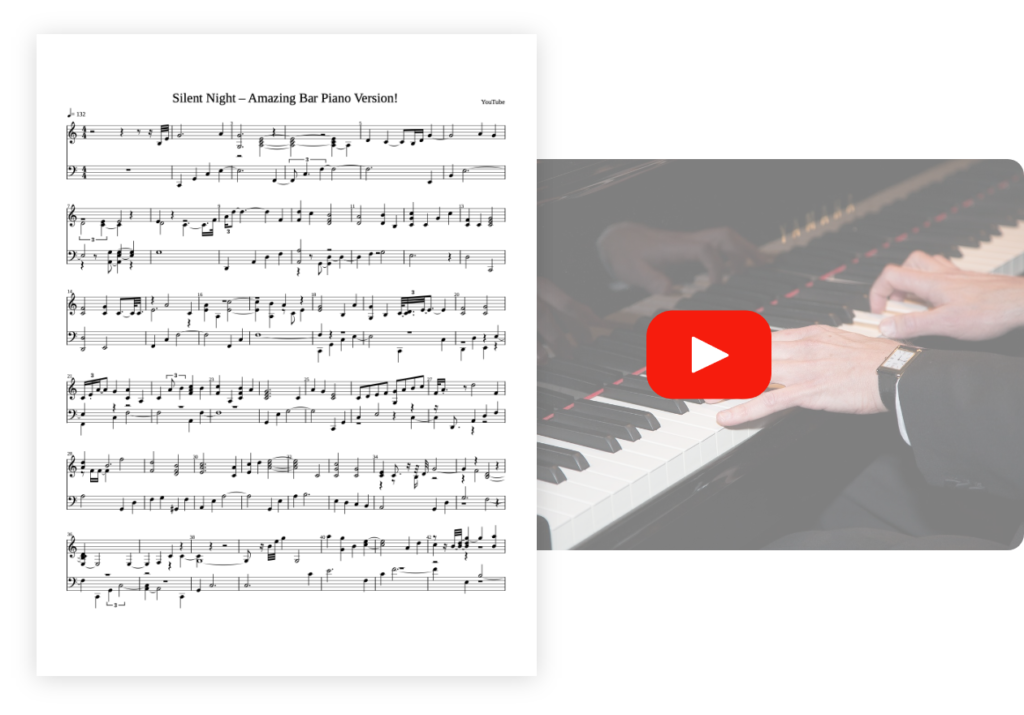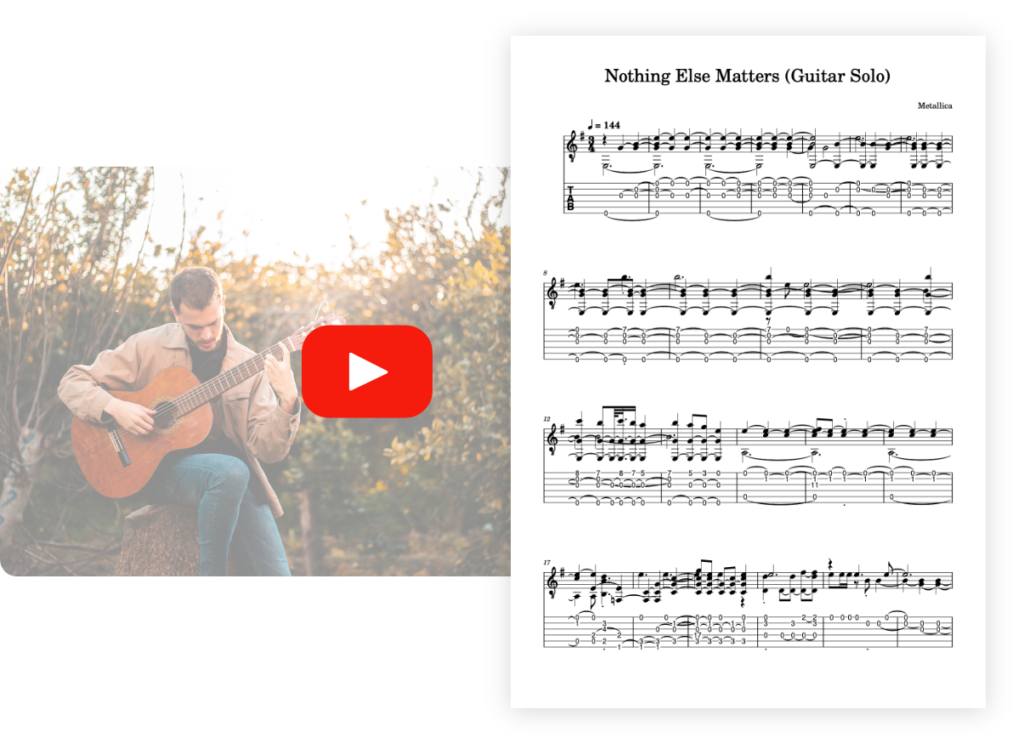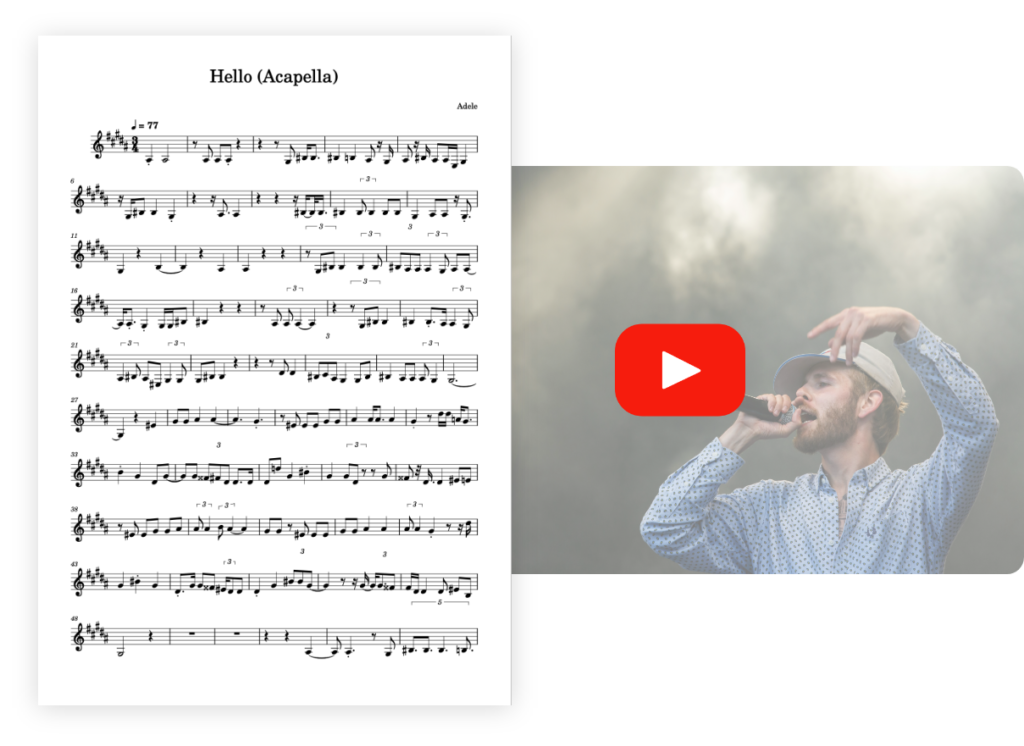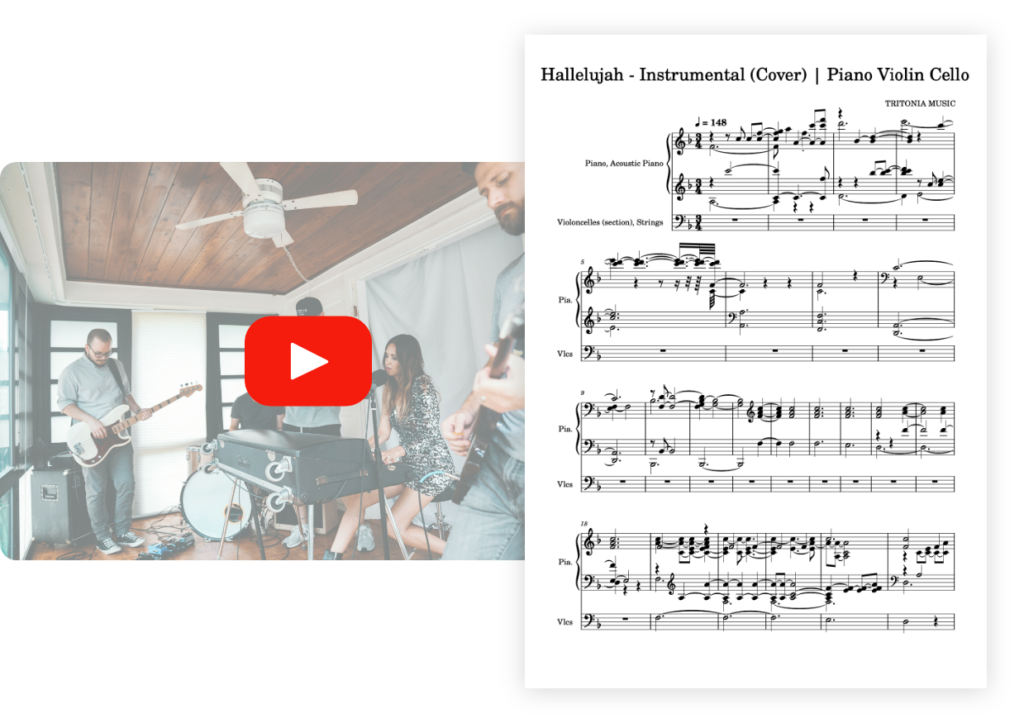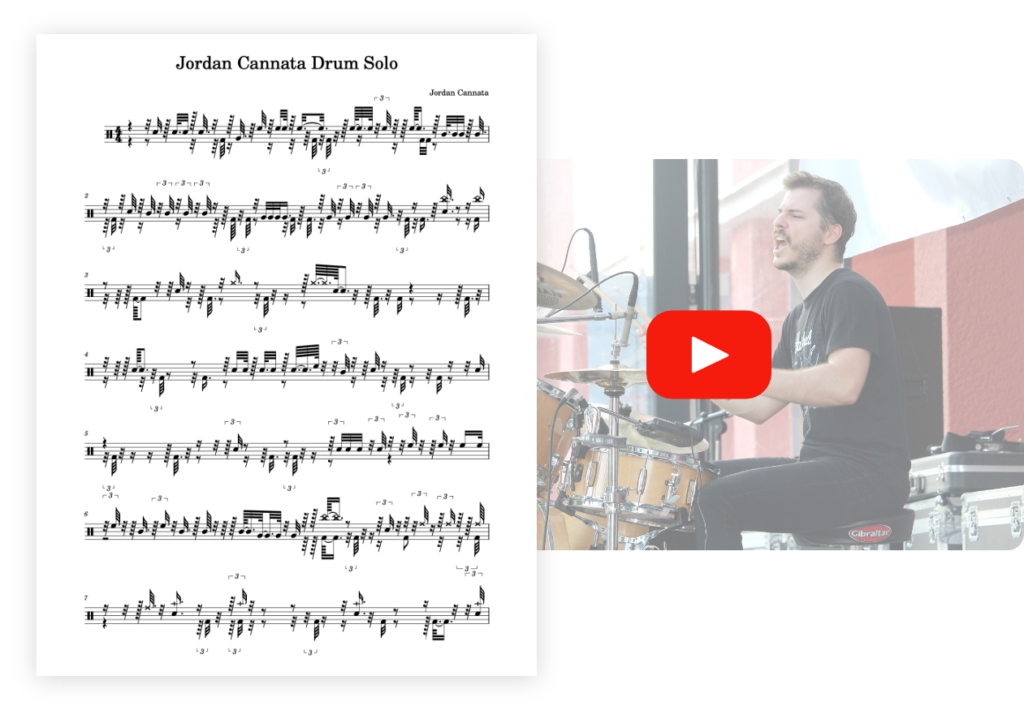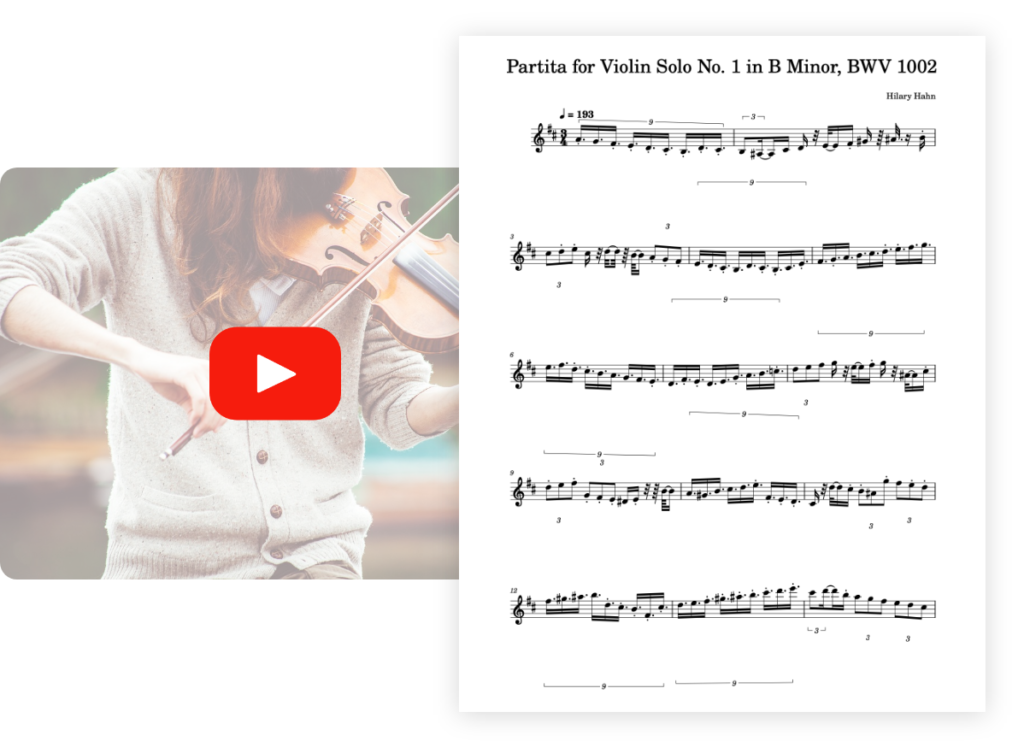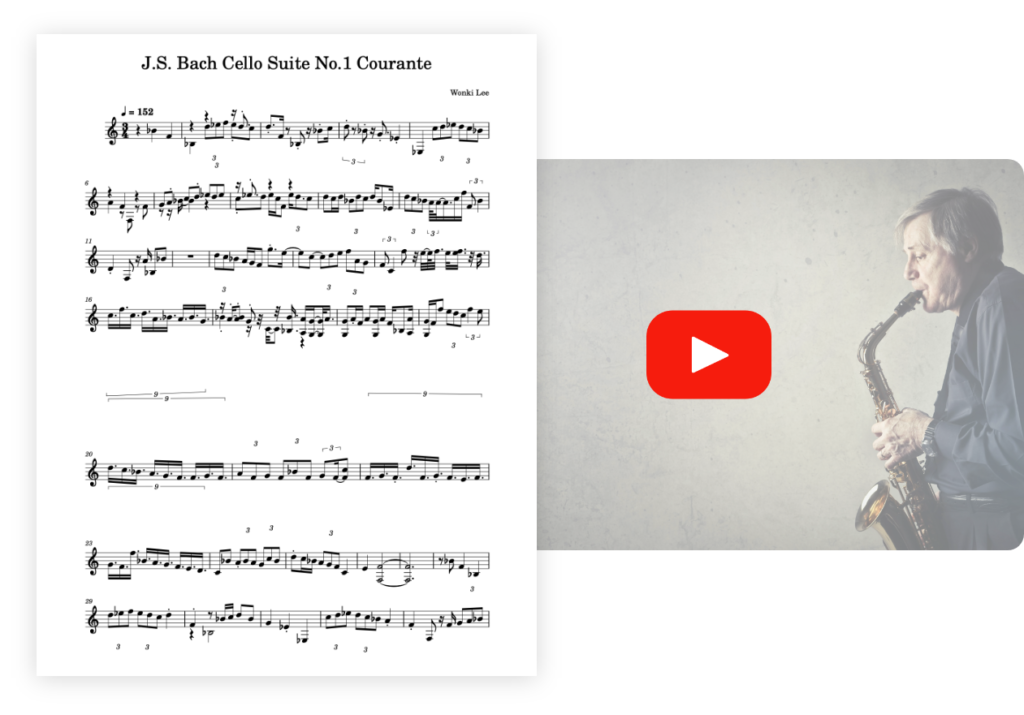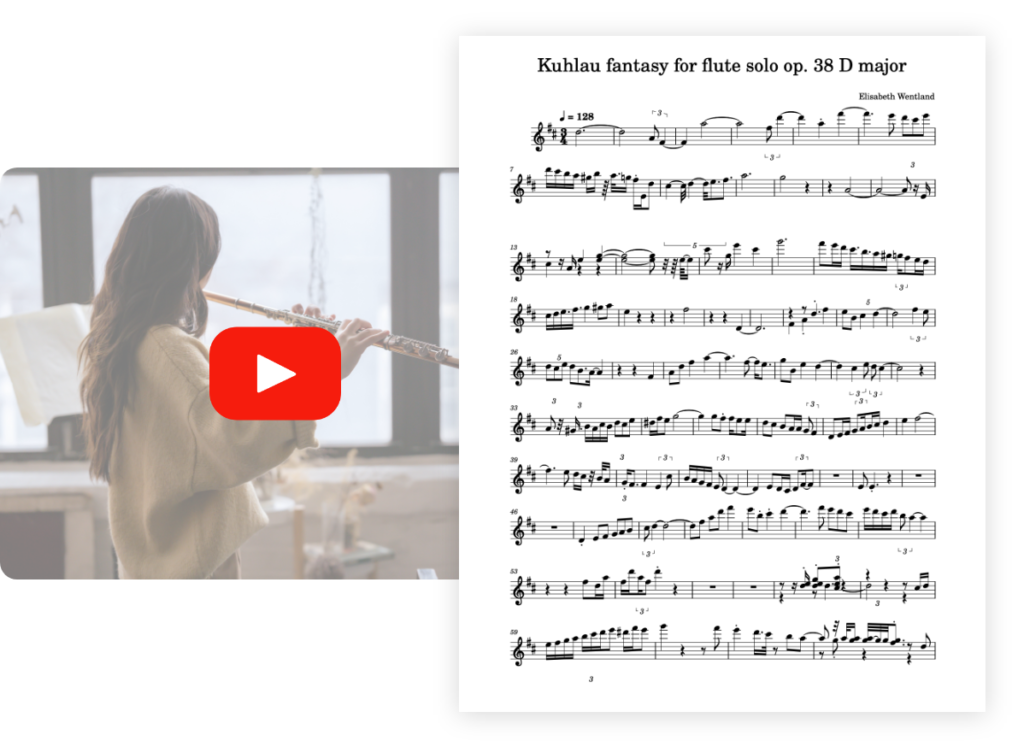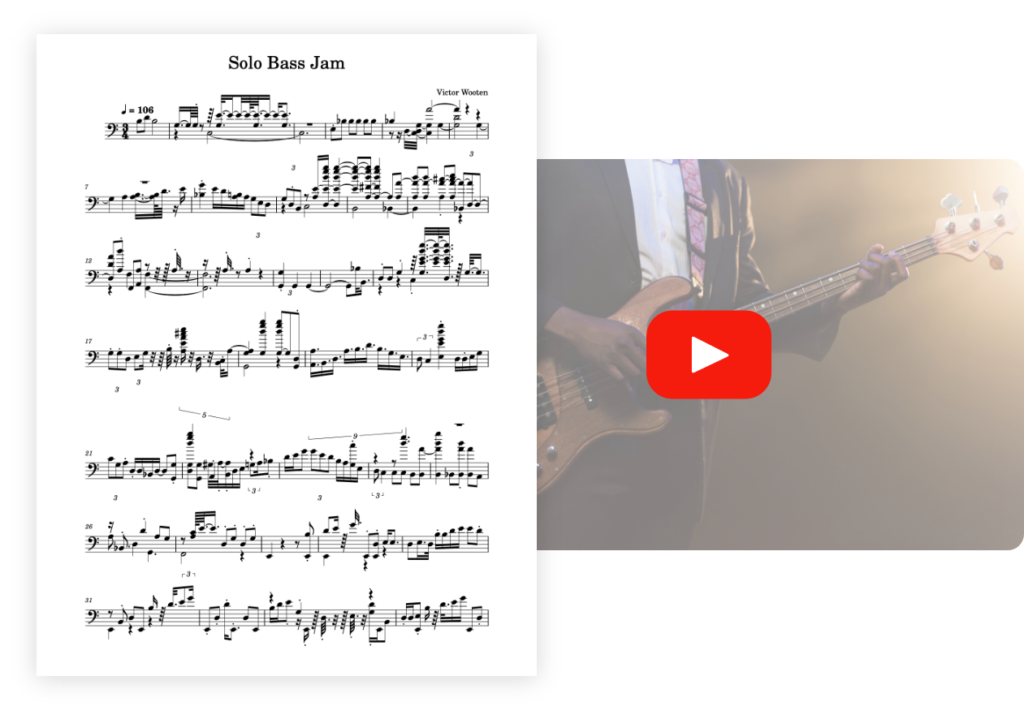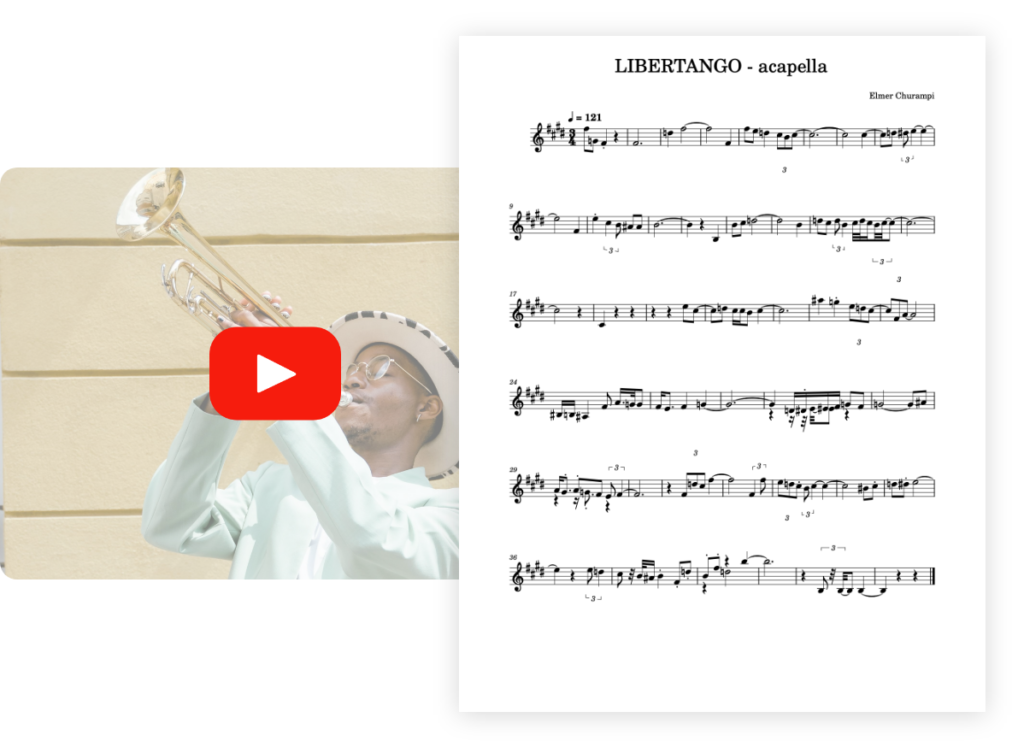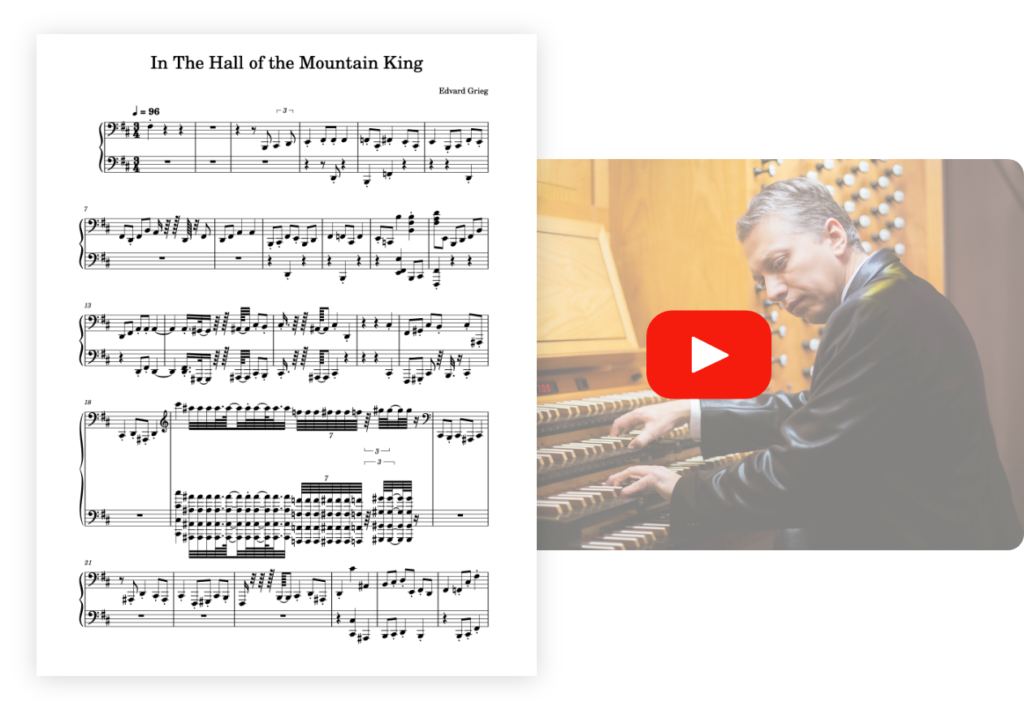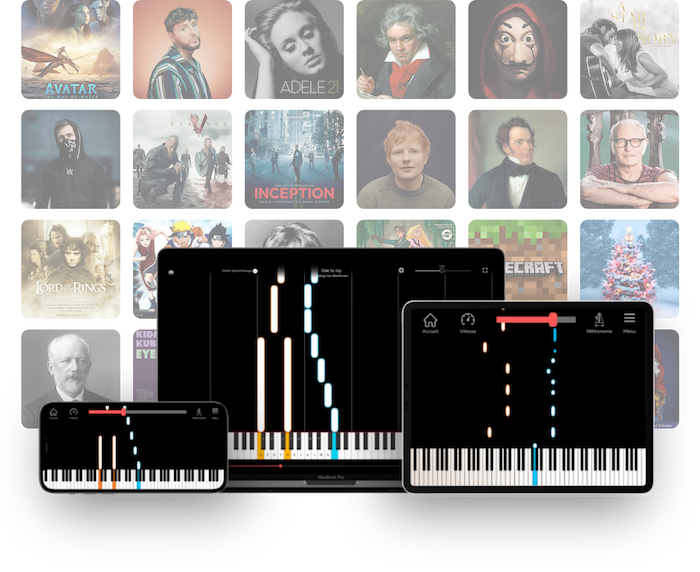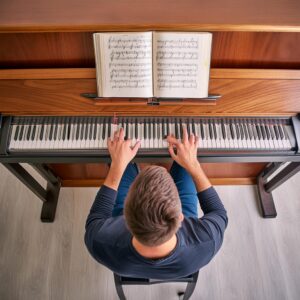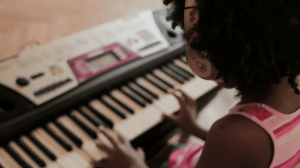Improve your auditory memory at the piano
Contrary to popular belief, our ability to learn and memorize does not depend on our age. Your auditory memory is your brain’s ability to store sound data. It is it that makes us associate a voice with a person or music with a theme of a television series. Music being above all a set of sounds, auditory memory plays a significant role in the process of memorize a piano piece quickly. But how do we improve our auditory memory when we learn a piece by heart at the piano? Here are some tips made in La Touche Musicale:
? Don’t try to remember everything: not everything can be remembered. The memory is selective. Prioritize your own selection according to the importance of each element in your learning process.
? Memorize immediately what you have selected: the ultra-short memory, corresponding to the immediate memory of what is perceived, is erased every 20 seconds. Make an immediate effort to memorize what you think is important or necessary. The more you do this, the more effective and long-lasting your hearing memory will be.
Divide your learning piece into sequences: your music cannot be learned in one go. You must therefore divide it into several sequences of 10 seconds maximum (we recommend 5 seconds instead) to learn gradually. Repeat each of the sequences in a loop, always listening frequently to the original music to keep a model to reproduce.
Take regular breaks: our brain reaches its maximum memory capacity during the first 20 to 30 minutes of learning. Beyond that, he loses 20% of his memory potential. So operate in 25-minute phases followed by a 15- to 30-minute break to keep your brain’s memory capacity at its maximum.
Focus on the emotion of the piece played: emotion is at the heart of the memorization process. Don’t you ever remember a particular moment in a film because it caused you a particular emotion? When learning a song, it’s the same thing. You will memorize the music even more and this will also allow you to reinvent it according to your own musical sensibility. Never forget: music is above all an art and, in this sense, it is a means of personal expression. Re-adapt the music to your own emotions.
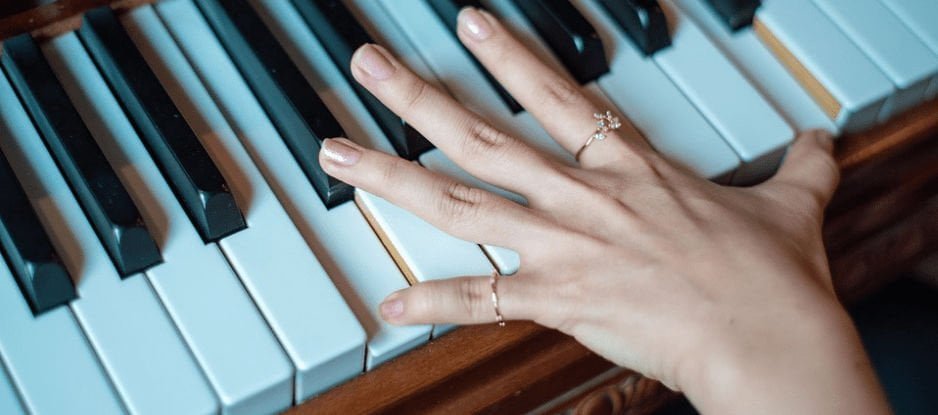
Improve your visual memory on piano
Indeed, your visual memory is a powerful tool to be able to memorize a piano piece quickly. Visual memory is used to integrate and record visual data: shape, face, color, pattern, symbol, image and everything related to the environment. People who are able to find a place where they have only been once have an excellent visual memory. On piano, visual memory is very often used to memorize music. Indeed, it offers the user a true mental photograph of the score. Thanks to it, the pianist manages to retain the movements and sequences to produce an artistic performance. In fact, many piano apps, such as Flowkey, La Touche Musicale, Onlinepianist or Simply Piano, use this method for learning. But how to develop it to know a whole piece in complete autonomy? Here are some tips: ps:
?️ Practice a quick reading method: quick reading (which should be called “effective reading” instead, because it not only seeks speed, but also comprehension and memorization) enhances visual concentration skills. So speed up some parts of your learning to force yourself to stay very focused.
? Practice observing details: it is easier to remember an object, a film scene, a landscape, a face, a monument, a painting… if it has been observed in its smallest details. The position and behavior of the fingers of those who play the piece, the position of the symbols on the score or on the support that allows you to play…
?️ Detach yourself from the visual medium that allows you to play: to know a song by heart is to perform it completely independently. It is therefore very important to integrate into each phase of your learning a phase that we call at La Touche Musicale a “blind” phase, i.e. without any visual support. Having a visual aid in front of you hinders the memory effort of your brain in favour of a reading effort. So get rid of this visual aid as soon as possible to force your brain to retain the learned piece.
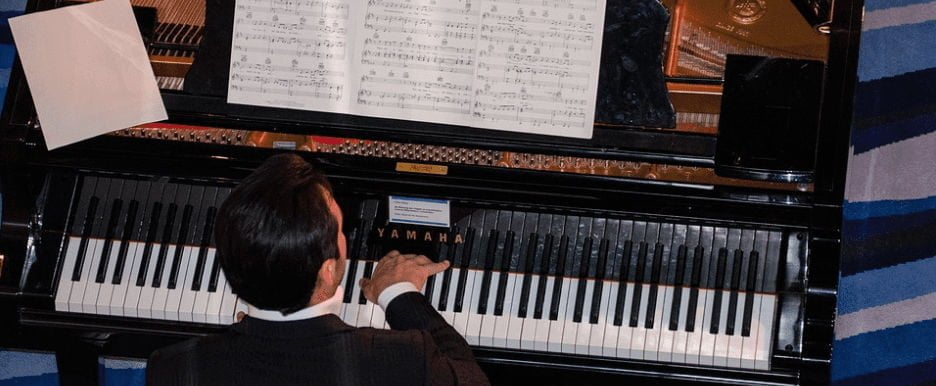
Some additional tips to help you improve your piano memory
- – Warm up for a few minutes outside the keyboard before playing and then play for fun a music you know well and not too difficult.
- – Set goals for your training: “Today, I will focus on this sequence of the song and master it perfectly in complete autonomy”.
- – Get some pleasure, if you don’t hook up with music, don’t insist.
- – First practice what is new, because our attention span decreases very quickly, work on elements that you already know well at the end of the session.
- – Do a brake every twenty to thirty minutes to always work on your maximum memory potential (our memory loses 20% of its potential after 20 minutes).
- – Focus on conscientious work and goals, because our brain learns quickly as long as there is interest to keep it alert.
- Exclude the routine, do not always work the same sequences in the same order, train in passages, take care of the transitions between each sequence.
- When a passage has difficulty recording itself, don’t insist, look for another gesture, another angle of attack. Move on to something else and come back to it later.
- Stay tuned for any discomfort, pain, do not hesitate to take a break as soon as you feel a feeling of pain.
- Read piano books to help you improve your technique.
Now, you know how to memorize your piano piece quickly.





 PianoConvert
PianoConvert
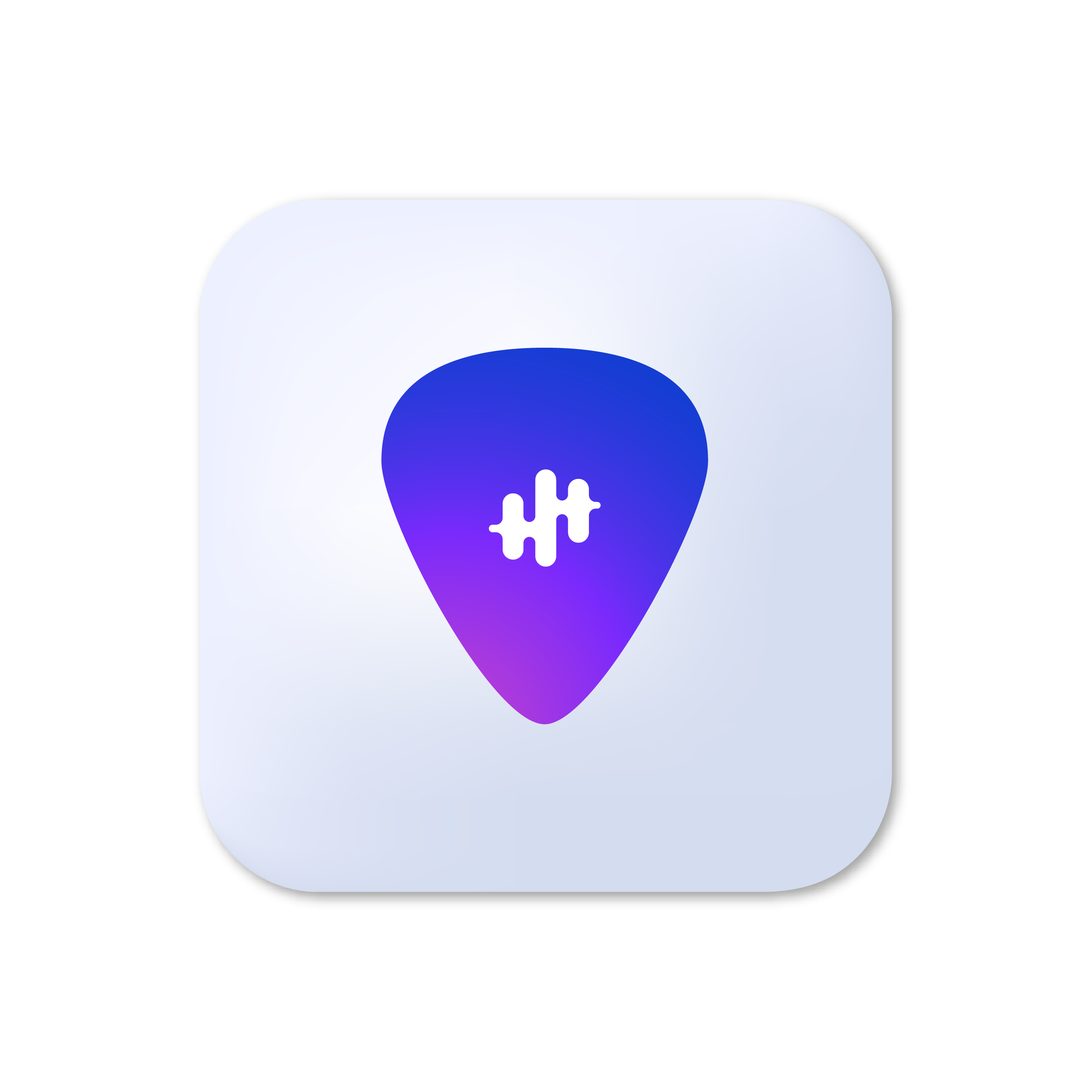 GuitarConvert
GuitarConvert
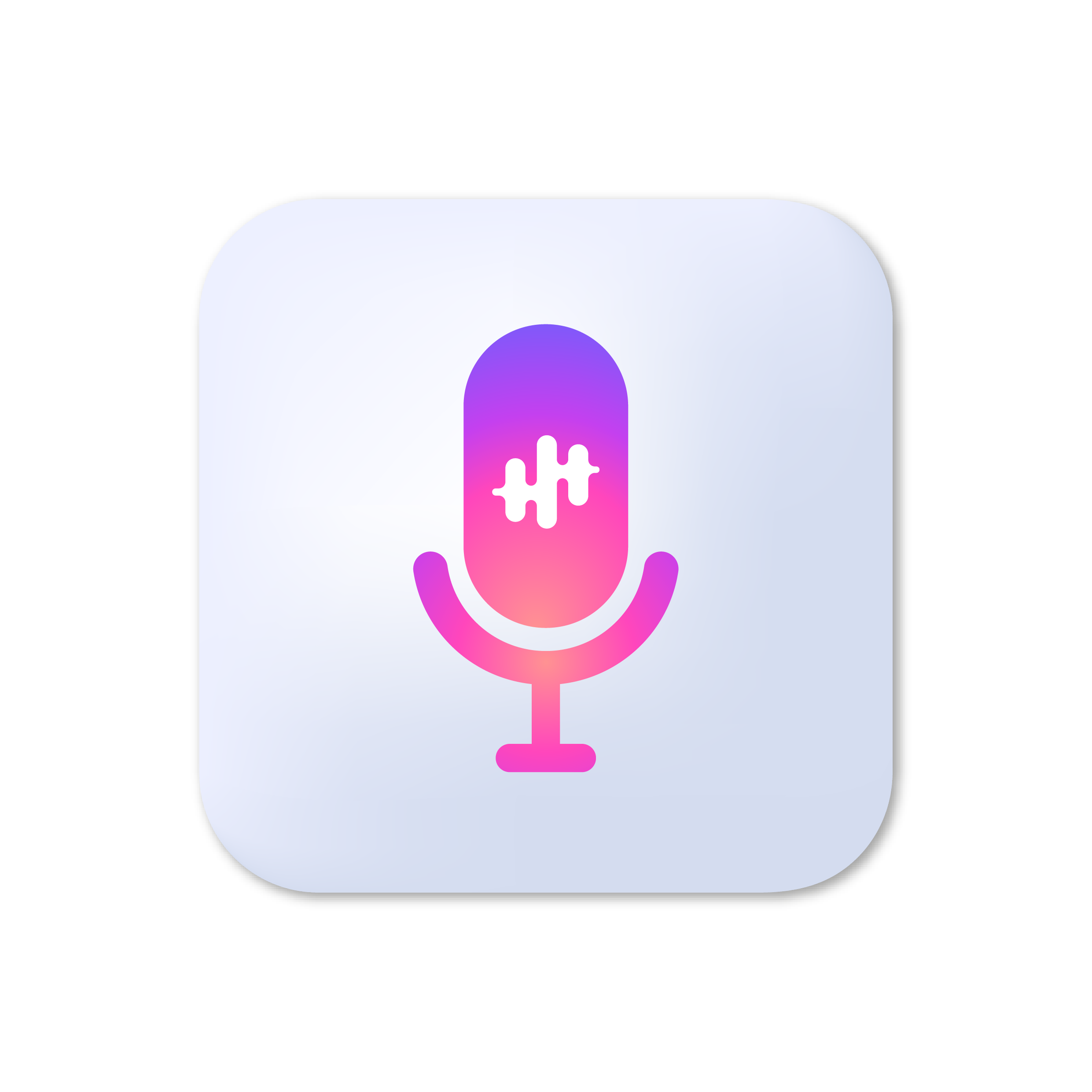 SingConvert
SingConvert
 BandConvert
BandConvert
 DrumConvert
DrumConvert
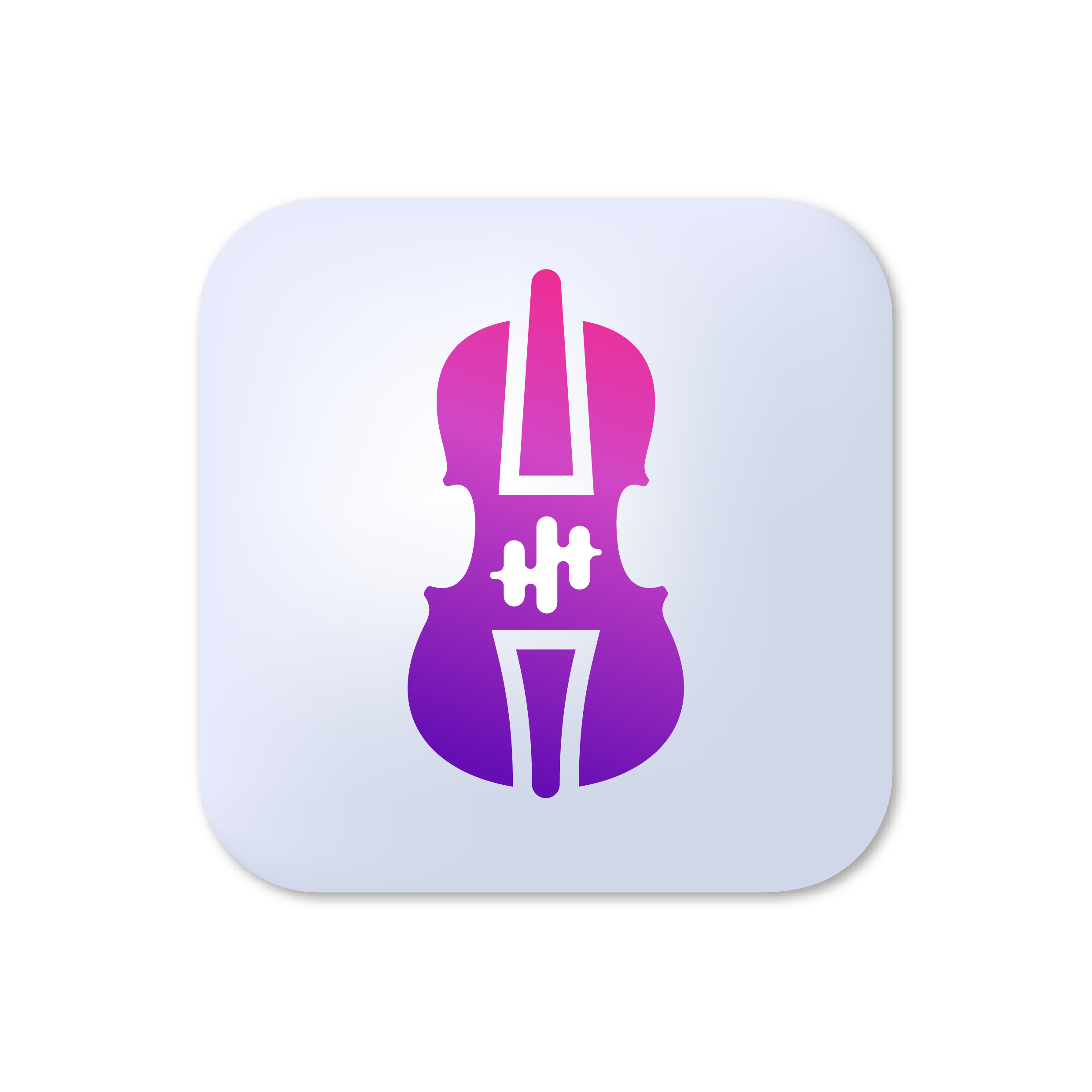 ViolinConvert
ViolinConvert
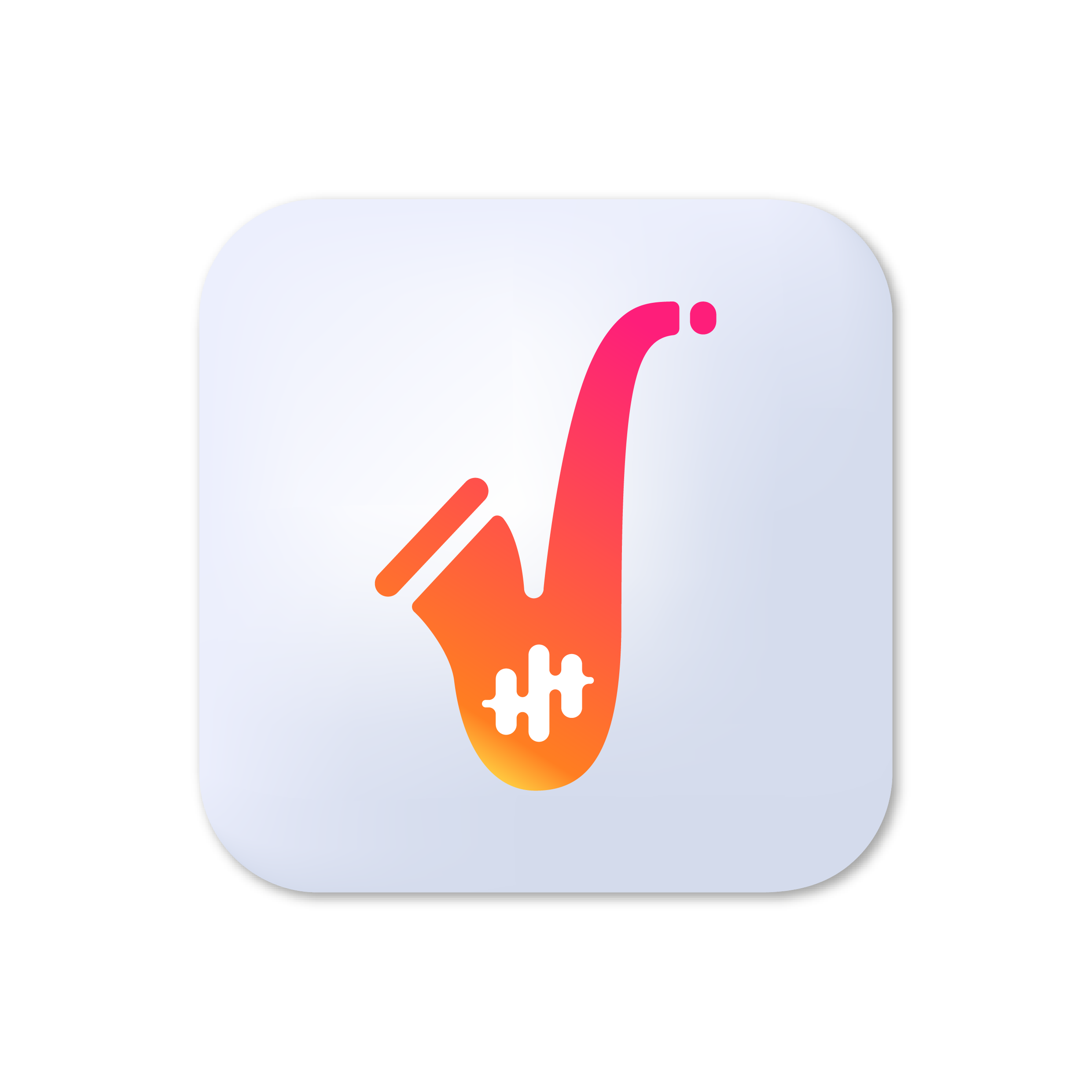 SaxConvert
SaxConvert
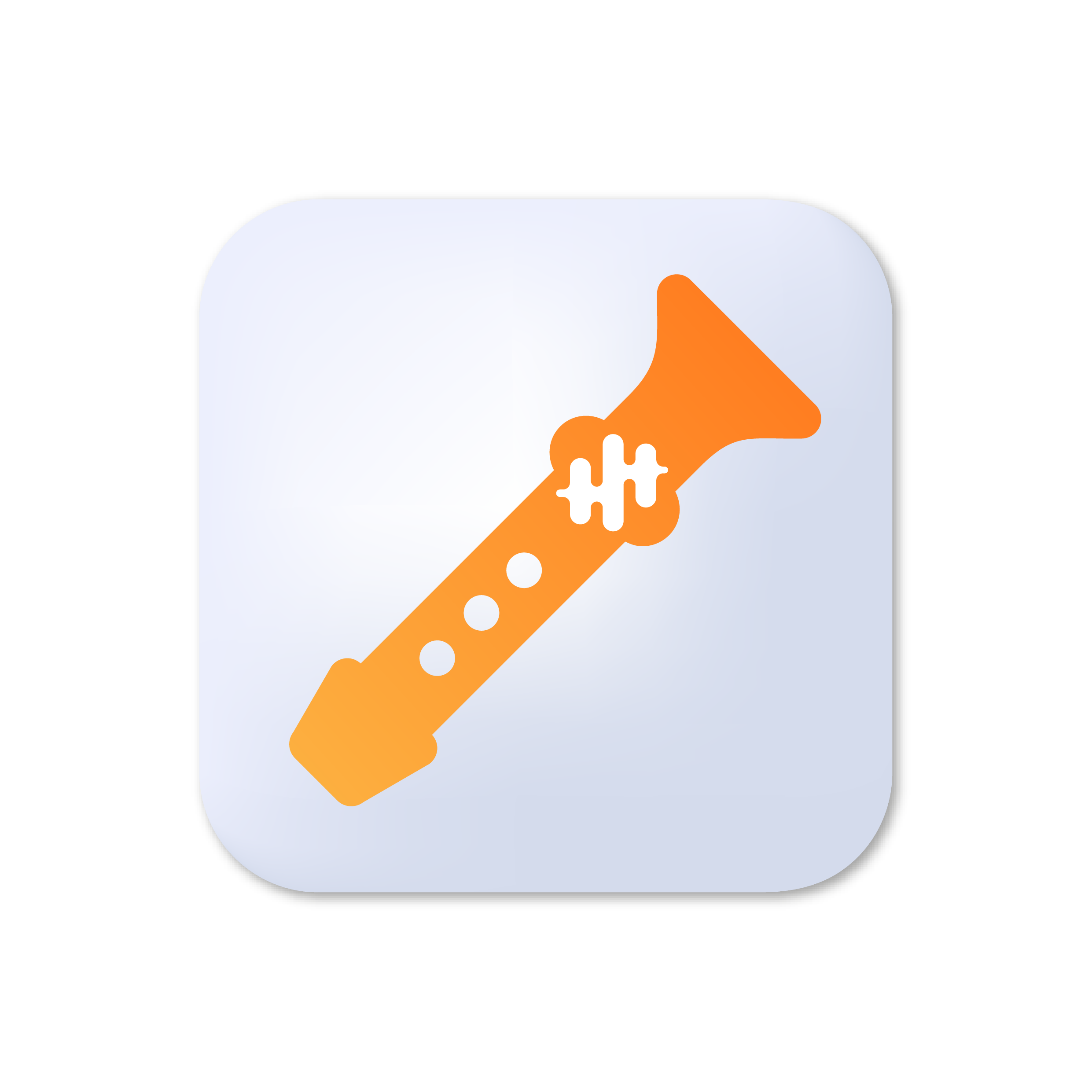 FluteConvert
FluteConvert
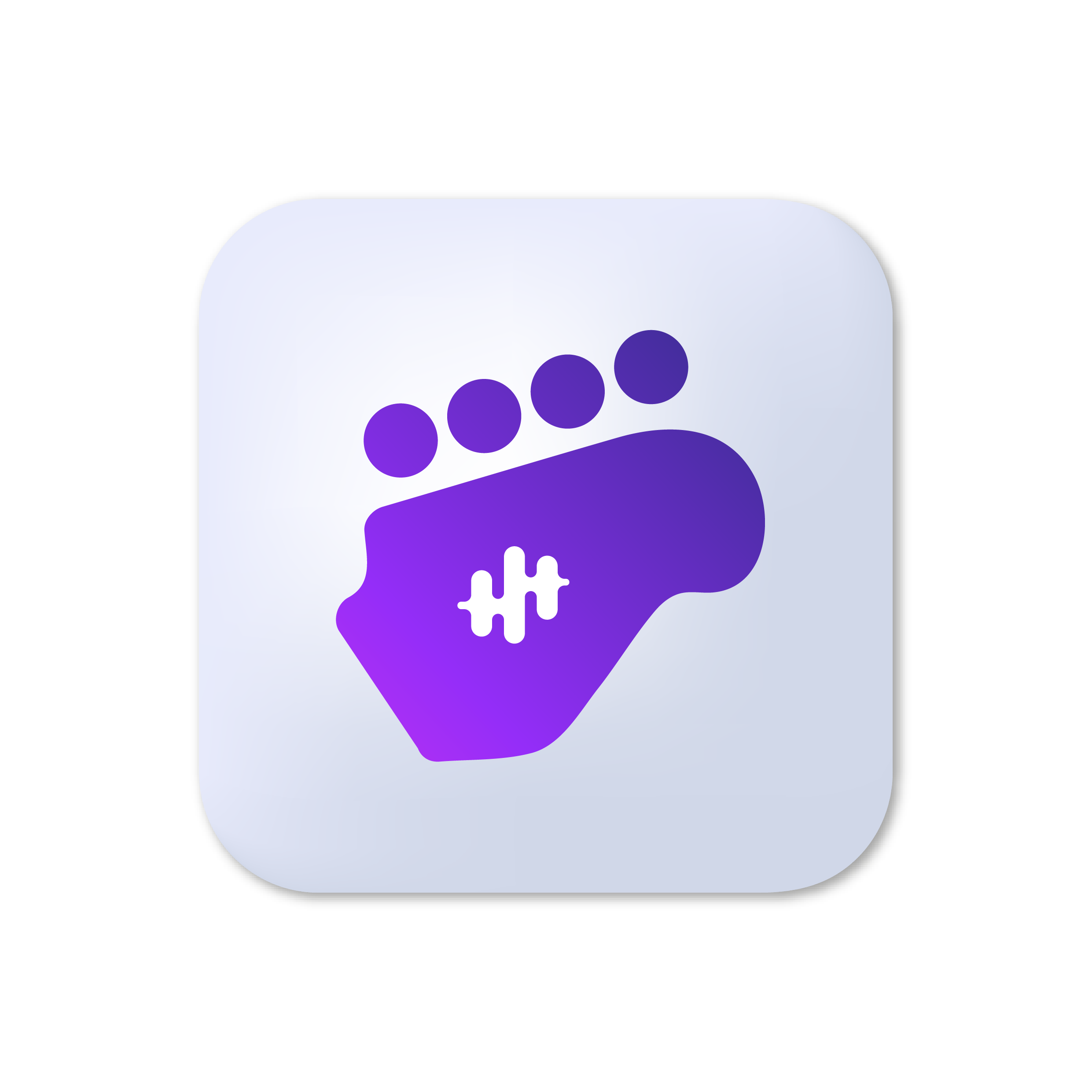 BassConvert
BassConvert
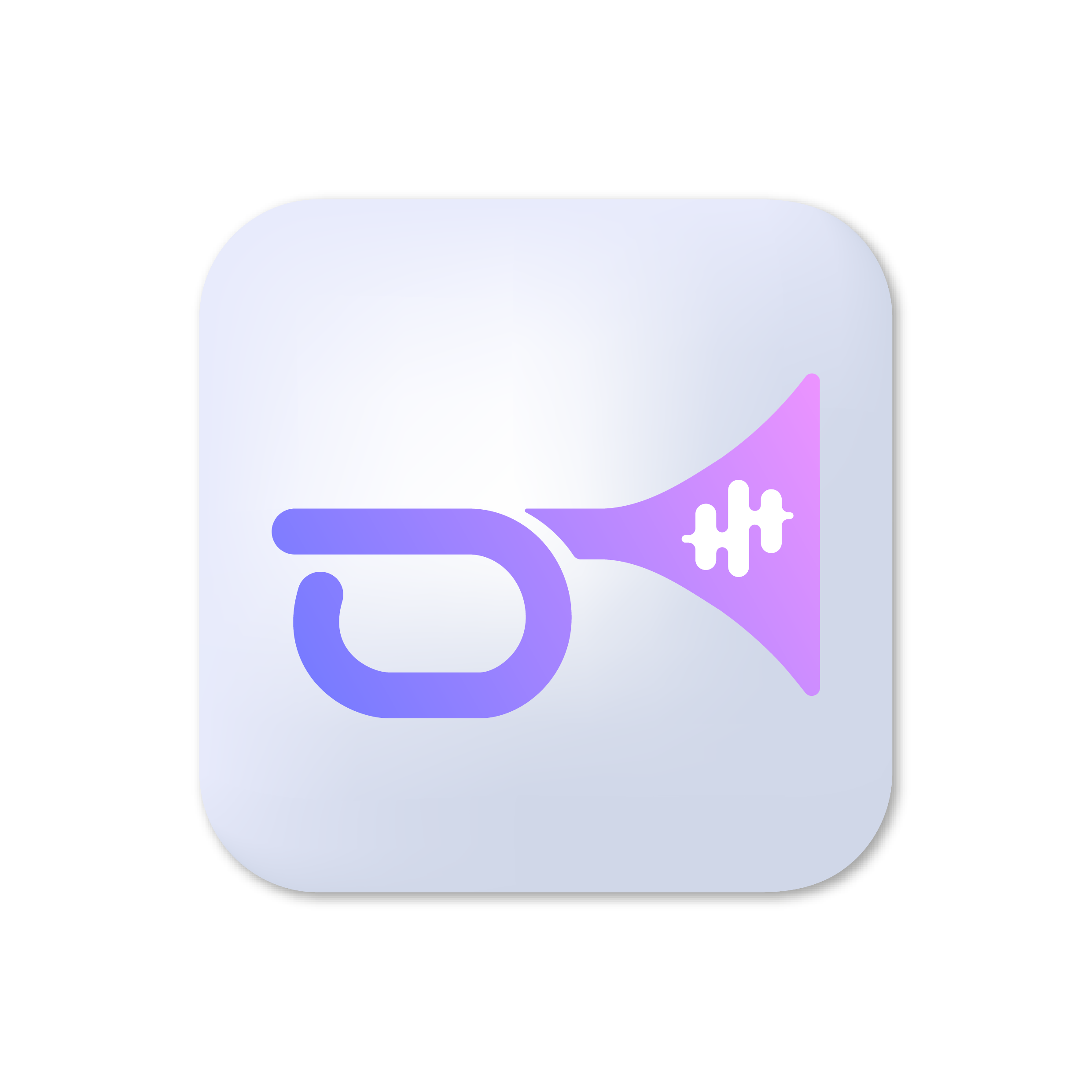 TrumpetConvert
TrumpetConvert
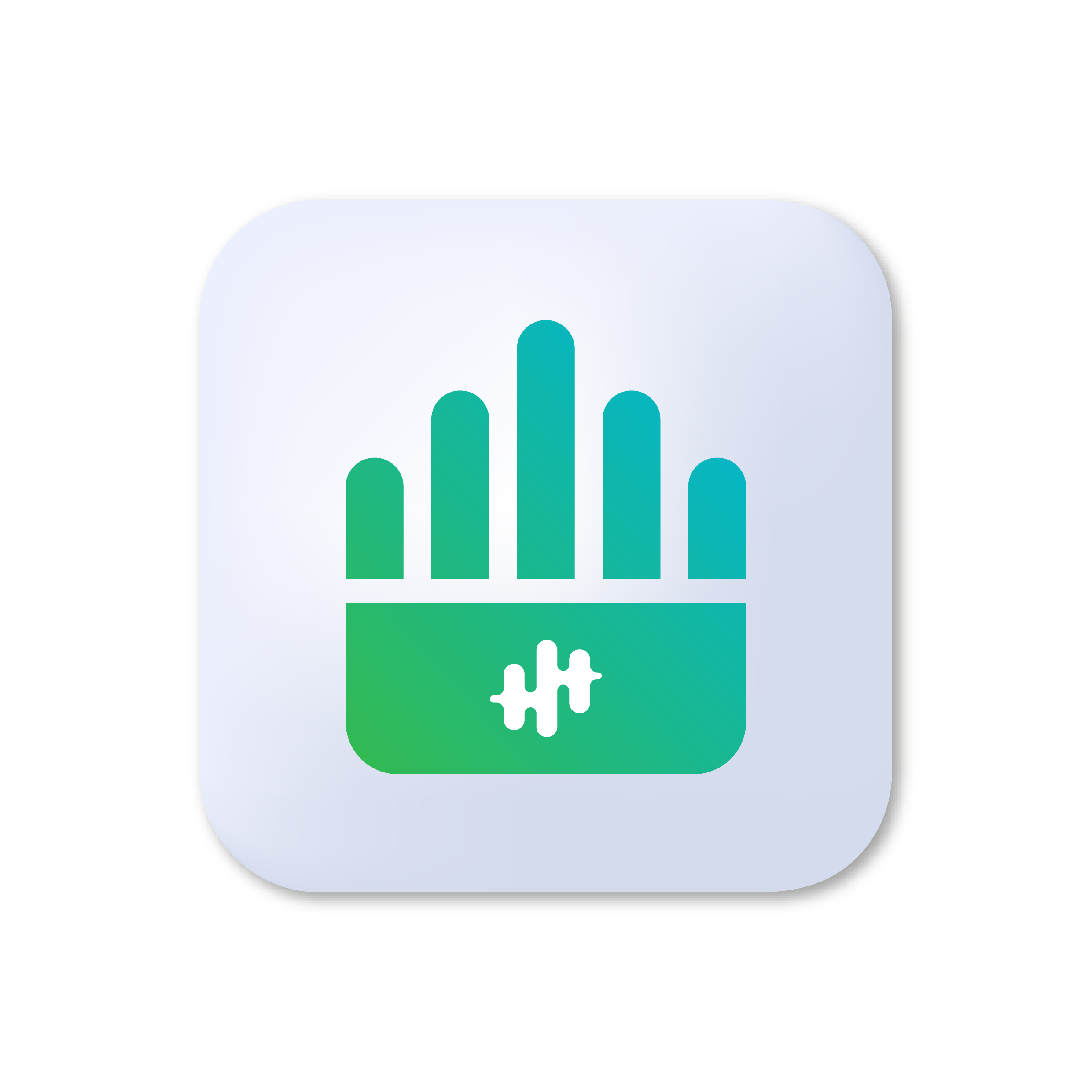 OrganConvert
OrganConvert
 PianoGo
PianoGo


